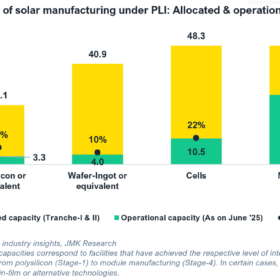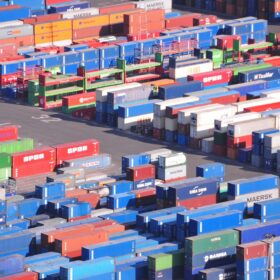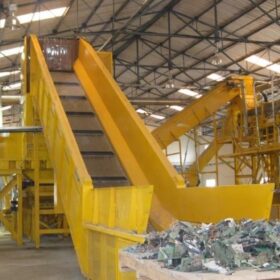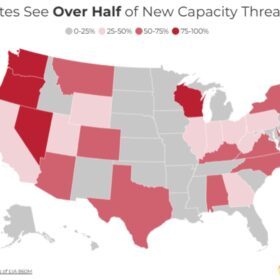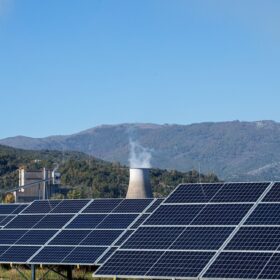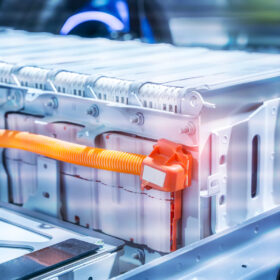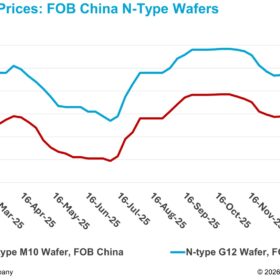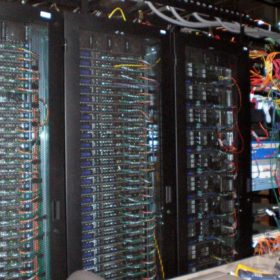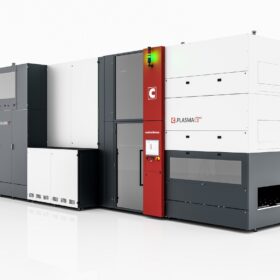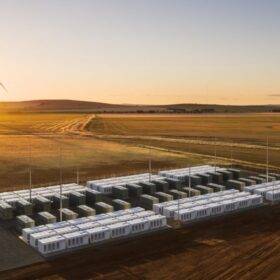Solar PLI scheme drives strong industry interest but faces implementation challenges
As of June 2025, the overall achievement (operational capacity) rate of the solar PLI scheme stood at approximately 29% of the total awarded capacity. Capacity additions remain below targets, with only 59% of module capacity and 14% of polysilicon capacity achieved as of June 2025.
U.S. extends solar manufacturing tariff exclusions
The U.S. Trade Representative has extended the exclusion of 178 items from the Section 301 import tariffs that were put in place by the prior administration in 2024. The still standing tariffs include a 50% increase on solar cells.
India adds ‘record’ 20.1 GW renewable energy capacity in 5M FY26: A paradigm shift and its impact
India’s energy story has moved beyond ambition to acceleration. Between April and August 2025, a 123 percent YoY jump in renewable energy capacity additions is not just a headline, it’s a signal of structural maturity, industrial resilience, and policy coherence. If the country sustains this trajectory through FY26 and FY27, it could well emerge as the world’s third-largest market for renewable deployment, behind only China and the United States.
From waste to resource: Recovering critical minerals for solar and EV batteries
As India ramps up solar installations and EV deployments, the volume of end-of-life components will grow rapidly. If these are treated simply as waste, we create new environmental burdens and miss a chance to recover value. If, instead, they are viewed as sources of supply, they become part of the solution.
US solar, storage projects face risk from political obstruction
The Solar Energy Industries Association (SEIA) says more than half of all power capacity planned through 2030 is under threat from mounting political interference that could stall US renewable deployment.
Solar tariffs kill Americans
Researchers show how solar panel imports saved nearly 600 American lives over a decade, while industry data indicates that the Suniva solar tariff may have caused more than one hundred preventable deaths.
China module prices climb 1.14%, industry awaits polysilicon consolidation plan
In a new weekly update for pv magazine, OPIS, a Dow Jones company, provides a quick look at the main price trends in the global PV industry.
Anker Solix unveils C2000 Gen 2 portable power station with 2 kWh
Anker Solix has introduced the 2 kWh C2000 Gen 2 portable power station, featuring faster dual-input charging, lithium iron phosphate batteries, and an idle power draw below 10 W.
“Standalone battery storage is a strategic differentiator for us,” says Sunsure’s Kartikeya Sharma
Sunsure Energy, founded in 2014, has evolved from a solar developer into a clean energy solutions provider delivering integrated power solutions across solar, wind, and battery storage. Kartikeya Sharma, co-founder and chief business officer at Sunsure, speaks to pv magazine on the key trends reshaping India’s renewable energy landscape, the rising role of battery storage, and Sunsure’s plans for the market.
Will China’s export curbs on lithium battery materials and technologies reshape global supply chain?
Industry players speak to pv magazine about whether China’s decision to tighten export controls on key minerals and technologies for lithium batteries will cause a short-term disruption or lead to a long-term strategic realignment of the global supply chain.
